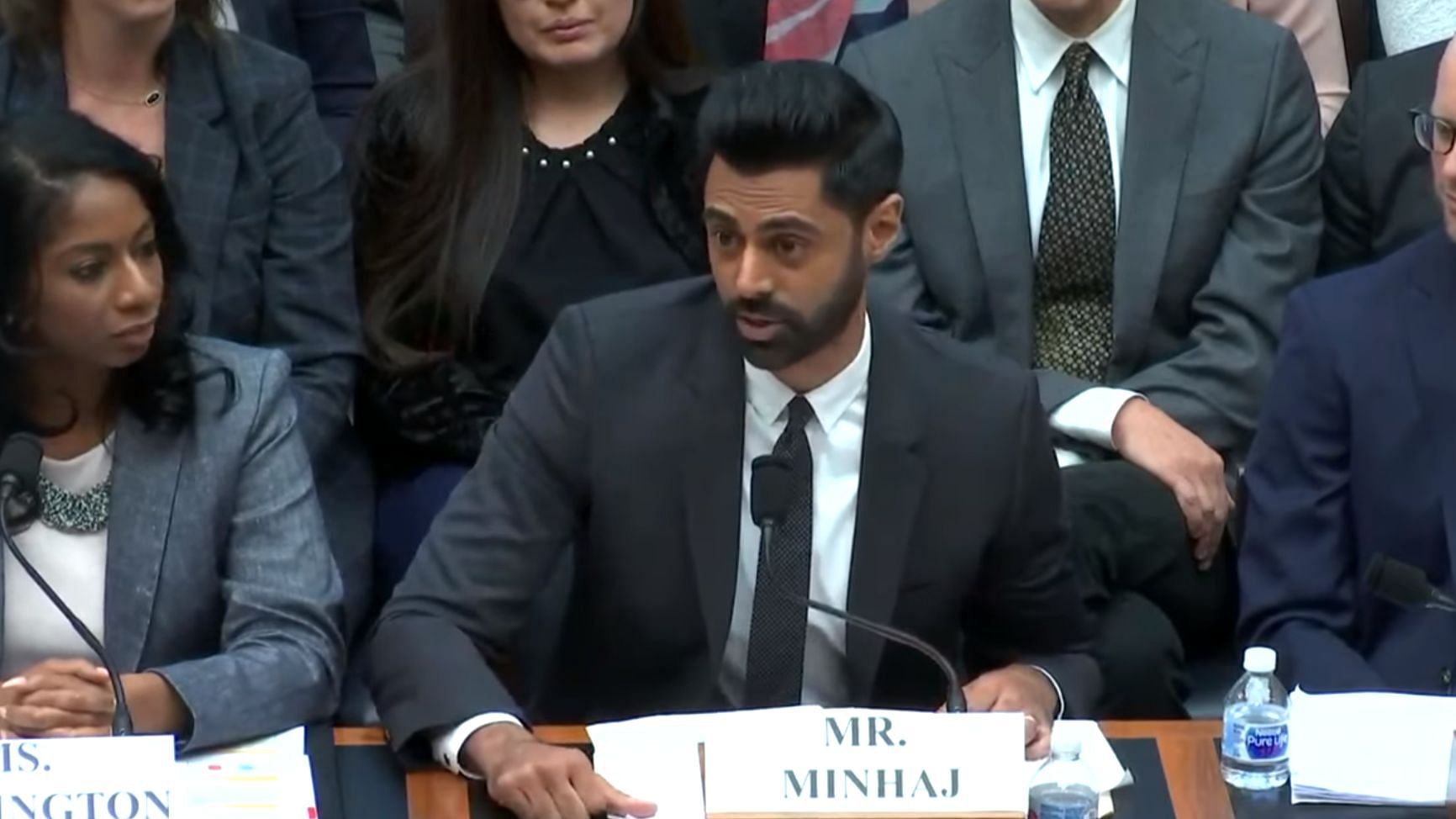‘Predatory’: Hasan Minhaj Testifies at US Congress on Student Debt
Minhaj’s blistering testimony, laced with satirical quips, was consistent with his persona on the The Patriot Act.

Comedian and political commentator, Hasan Minhaj, delivered a rather unusual testimony on America's student loan crisis in front of the United States Congress on Tuesday, 10 September.
Minhaj’s blistering testimony, laced with satirical quips, was consistent with his persona on the hit Netflix show, The Patriot Act.
He began by saying, "My name is Hasan Minhaj, I am a Muslim and I condemn radical Islamic terrorism – that has nothing to do with anything, I just want it on the record."
"It's good to get ahead of these things," he said.
Addressing the loan crisis, Minhaj said that 44 million Americans owe more than 1.6 trillion dollars in student loans. He emphasised on the fact that students can’t simply forego these loans as, for many, a college education is indispensable in the modern job market.
To drive home the point, Minhaj revealed that he had compared the college fees for the members on the committee from the time when they were students to the fees today.
“That’s a 110% increase over a period of time when wages have gone up only 16 percent,” he said.
He added that since the government was responsible for allocating these companies to borrowers, there was no competition to encourage better services.
Rounding up his argument with a call for the government’s intervention, he asked, "Why can’t we treat our student borrowers like we treat our banks?”
(At The Quint, we are answerable only to our audience. Play an active role in shaping our journalism by becoming a member. Because the truth is worth it.)